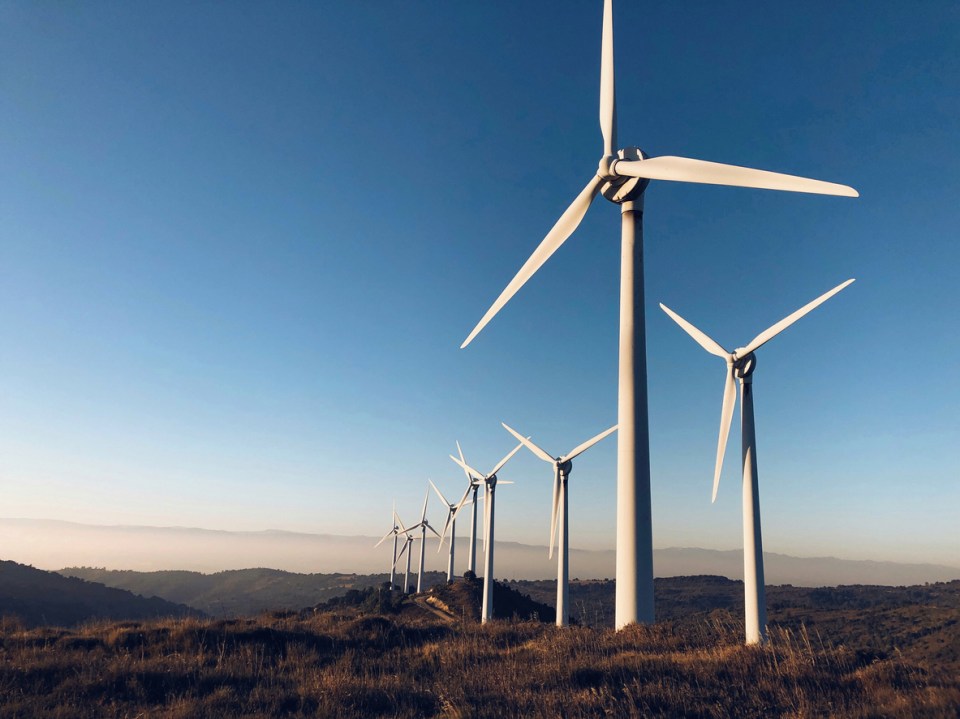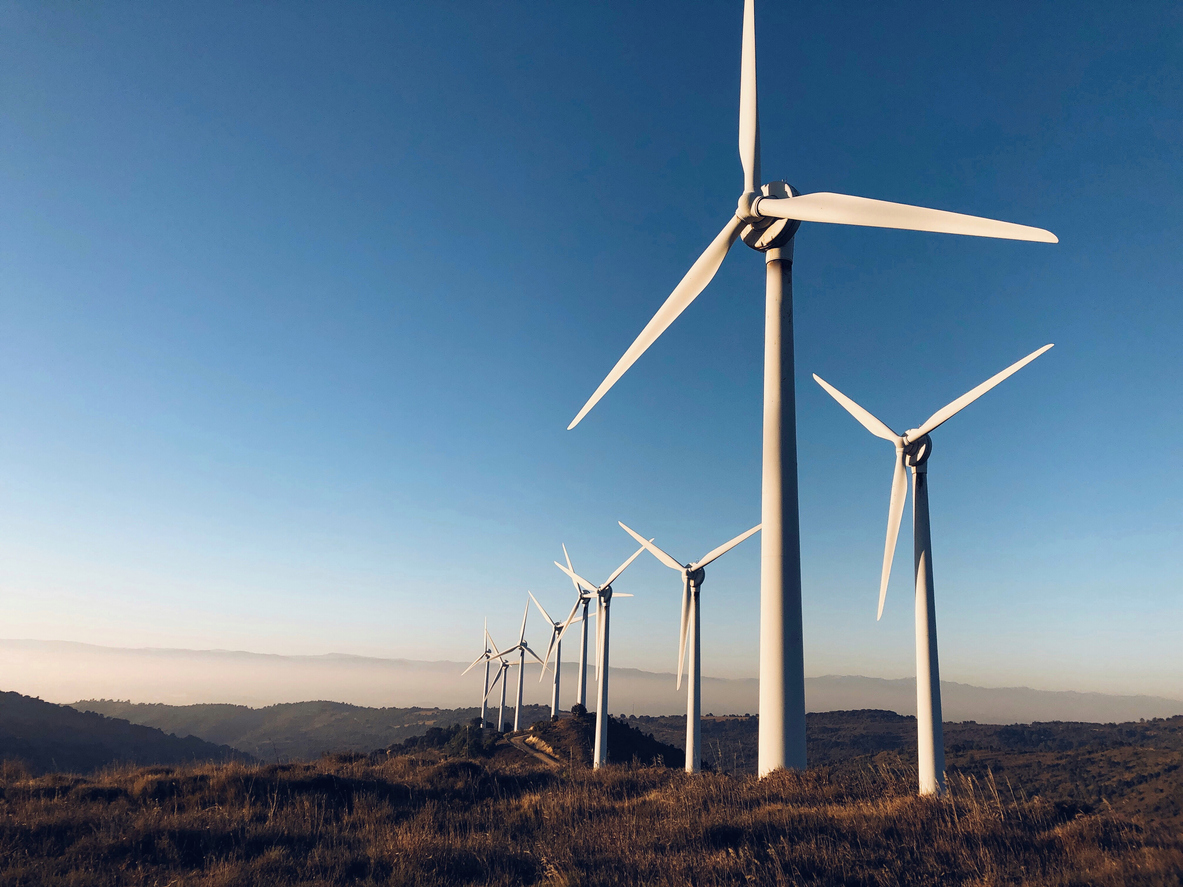If it wasn’t miserable enough being told that I have to spend the next month at home, now I have ‘Pete’ from Octopus Energy emailing me and asking if I would mind terribly turning off a few appliances between 4.30pm and 6.30pm. If fact, he says, if I can halve my energy usage during those hours he’ll give me a half price deal on the rest.
Apparently it’s because the National Grid has issued an ‘electricity margin notice’ for those hours – basically a plea for Britain’s remaining coal and gas power stations to turn up the power and squeeze a little more energy out of their plants. That’s not going to be easy, admits Pete, and so electricity companies like his are going to be paying through the nose for the power – ten times as much as normal, he says. Hence the plea for me to switch off the TV, or whatever.
That is a ‘smart’ electricity grid for you: balancing supply and demand through price management. And within reason there is nothing wrong with it. We do, after all, pay more for train tickets during the rush hour (or used to, when we travelled on trains). Trouble is, I don’t think Pete is going to be so gentle in future. Give it a few years and he’ll be writing to me telling me that he’ll be jacking up my bill and charging me ten times the usual price for any energy I use when supply is short.
We are heading for periodic supply crunches in the National Grid because we are building ever more wind and solar plants without the storage capacity required to cope with the intermittent nature of these sources of energy. At least, for the moment, we still have gas and coal plants to pick up the slack. But by 2024 the last coal power station will be gone and by 2030 the Prime Minister says he wants all our electricity to be generated by wind.
That’s going to be a pretty tall order. This afternoon’s electricity supply crunch – the National Grid’s equivalent of leaves on the line – is down to a shortage of wind. There is a large anticyclone sitting over Britain, which has becalmed the nation’s wind farms, or certainly those south of the border. We are lucky that Scotland is drawing in winds from the Atlantic, which enabled wind farms still to generate 7 per cent of our power at 3pm. We are also lucky that it has been sunny for much of the day. But it is November, and by 4.30pm we will have lost the 5 per cent of energy which was being generated by solar power earlier in the afternoon.
The government and electricity industry have, of course, been aware for years of the problem of intermittent renewable energy. That is why the government set up things called ‘capacity auctions’ where companies bid to build electricity storage capacity. Initially it was imagined that much of this would come in the form of giant batteries. Indeed, some battery installations have popped up across the country, hidden in shipping containers. But those installed so far are only capable of providing 1 GW of power, and only then for an hour or so before the batteries are drained. To put this into context, this afternoon the country was using 40 GW of power.
Building batteries and other forms of energy storage like pumped-storage reservoirs are expensive. As a result, capacity auctions are starting to be replaced by something called Demand Side Response. Which is exactly what Pete is trying to do: it involves electricity companies begging us to use less electricity when supply is tight, and using variable pricing to encourage us. That is the whole point of smart meters: to allow electricity companies to vary the price in order to match supply with demand.
Managing demand might work at the moment, but it is hardly a long-term solution. Imagine a time when we no longer have any gas and electricity plants – sources of power which between them accounted for 55 per cent of electricity being fed into the national grid at 3pm this afternoon. How will we cope then with a calm winter’s evening when electricity demand is at its peak and no wind or solar energy is being generated? Electricity suppliers are going to have to impose huge financial penalties on consumers to turn the lights off – or face forced blackouts.
I’m all for clean energy. But without storage capacity, wind and solar cannot power the country on their own. We shouldn’t be building ever more wind and solar farms until we have a sensible policy as to how we are going to store the energy they produce.








Comments